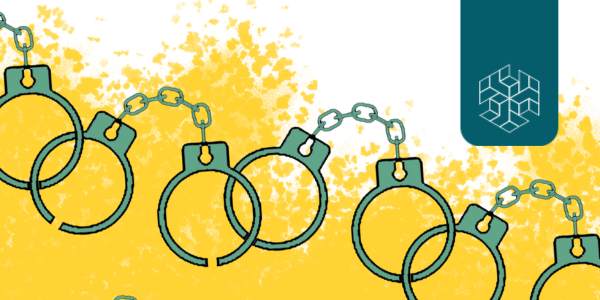Authors: Aditi Dehal and Mrigank Patel
Editor: Riya Singh Rathore
ABSTRACT
Interstate police arrest procedures of police are increasingly being discussed in public discourse. Recently, a news anchor made headlines in light of a tussle between the Chhattisgarh police and Uttar Pradesh police for his arrest. In May this year, the Delhi police and Punjab police faced similar public scrutiny over the arrest of a politician. In this context, exploring instances of non-cooperation between police authorities and inter-state arrests becomes relevant. The rules and regulations on arrest and the jurisdiction of police authorities need to be analysed for a clearer understanding, and further policy decisions.
While provisions of the Code of Criminal Procedure of 1973 are pivotal, other policies and guidelines also hold relevance. Through analysing the judgments of the Supreme Court and High Courts, this issue brief sheds light on the political motivations that impact the independence of police machinery and catalyse instances of non-cooperation. Lastly, the brief will recommend changes in the policy framework that can reduce instances of police non-cooperation, way forward to interstate police cooperation, protect the rights of the accused, and facilitate the maintenance of law and order.
KEYWORDS: Code Of Criminal Procedure, Police Cooperation, Inter-state Arrest, Geographical Jurisdiction, Political Influence
INTRODUCTION
July witnessed a tussle between the Chhattisgarh police and Uttar Pradesh police over the arrest of Zee News anchor Rohit Ranjan who allegedly made misleading statements in the news about a politician from the Indian National Congress. Similarly, in 2021, the arrest of climate activist Disha Ravi by the cyber-crime unit of the Delhi Police sparked controversy since they detained Ravi without informing the local Bengaluru police. Such instances of non-cooperation between police authorities are not solitary but part of a trend. Such occurrences are primarily seen when police authorities arrested the accused from a state outside its jurisdiction without following due process, resulting in non-cooperation with other police authorities.



